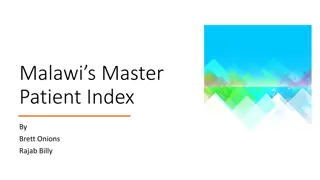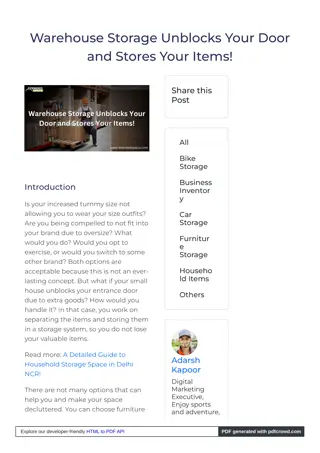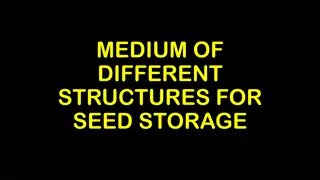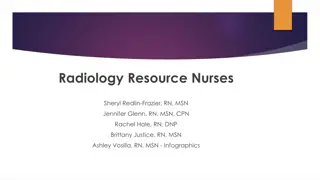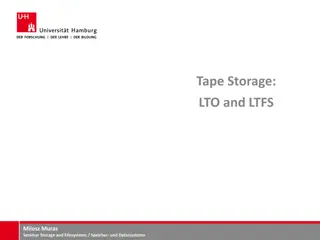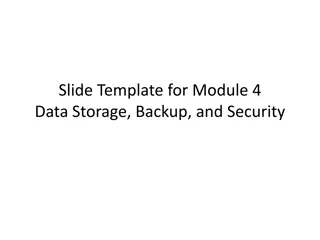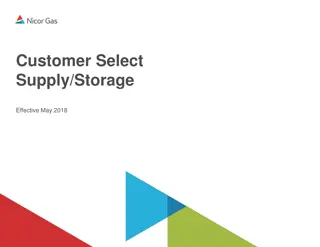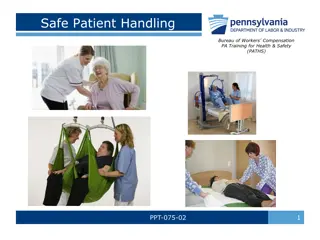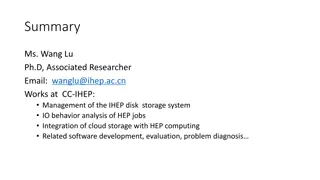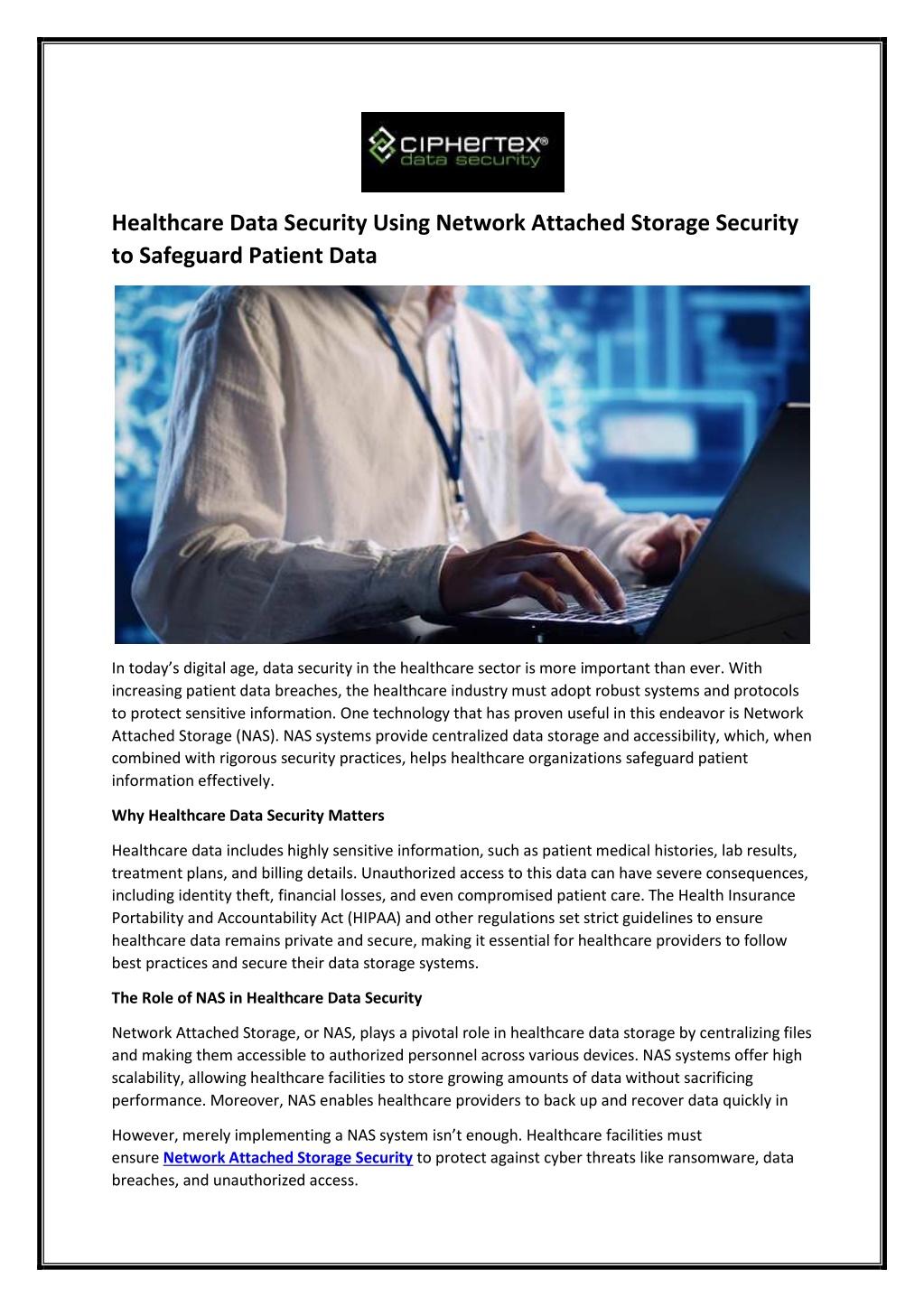
Healthcare Data Security Using Network Attached Storage Security to Safeguard Patient Data
Healthcare data security is critical to protect sensitive patient information and ensure compliance with regulations like HIPAA. Our advanced solutions provide robust encryption, secure access controls, and real-time monitoring to safeguard healthcar
Download Presentation

Please find below an Image/Link to download the presentation.
The content on the website is provided AS IS for your information and personal use only. It may not be sold, licensed, or shared on other websites without obtaining consent from the author. Download presentation by click this link. If you encounter any issues during the download, it is possible that the publisher has removed the file from their server.
E N D
Presentation Transcript
Healthcare Data Security Using Network Attached Storage Security to Safeguard Patient Data In today s digital age, data security in the healthcare sector is more important than ever. With increasing patient data breaches, the healthcare industry must adopt robust systems and protocols to protect sensitive information. One technology that has proven useful in this endeavor is Network Attached Storage (NAS). NAS systems provide centralized data storage and accessibility, which, when combined with rigorous security practices, helps healthcare organizations safeguard patient information effectively. Why Healthcare Data Security Matters Healthcare data includes highly sensitive information, such as patient medical histories, lab results, treatment plans, and billing details. Unauthorized access to this data can have severe consequences, including identity theft, financial losses, and even compromised patient care. The Health Insurance Portability and Accountability Act (HIPAA) and other regulations set strict guidelines to ensure healthcare data remains private and secure, making it essential for healthcare providers to follow best practices and secure their data storage systems. The Role of NAS in Healthcare Data Security Network Attached Storage, or NAS, plays a pivotal role in healthcare data storage by centralizing files and making them accessible to authorized personnel across various devices. NAS systems offer high scalability, allowing healthcare facilities to store growing amounts of data without sacrificing performance. Moreover, NAS enables healthcare providers to back up and recover data quickly in However, merely implementing a NAS system isn t enough. Healthcare facilities must ensure Network Attached Storage Security to protect against cyber threats like ransomware, data breaches, and unauthorized access.
Best Practices for Network Attached Storage Security in Healthcare To maintain a secure NAS environment and protect patient data, healthcare organizations should adhere to the following best practices: 1. Implement Strong Access Controls Controlling access to healthcare data stored on NAS is essential. Healthcare providers should use multi-factor authentication (MFA), role-based access, and unique logins for each user to restrict data access to authorized personnel only. Additionally, logging and monitoring access to the NAS can help identify any unusual activity. 2. Use Data Encryption Data encryption is a powerful tool for healthcare data security. Encrypting data both at rest and during transmission ensures that sensitive patient information remains inaccessible to unauthorized users. NAS systems typically support encryption, providing a strong layer of security to protect data from malicious actors. 3. Regularly Update and Patch NAS Software Cybercriminals often exploit vulnerabilities in outdated software. To mitigate this risk, healthcare facilities should regularly update their NAS firmware and apply security patches as they become available. Keeping the NAS software up-to-date helps close security loopholes that attackers might otherwise exploit. 4. Back Up Data and Establish Recovery Plans In healthcare, data loss can be catastrophic. Regular backups of NAS data ensure that healthcare providers can recover essential patient information in the event of a cyberattack or system failure. Establishing a comprehensive disaster recovery plan is also essential for maintaining healthcare data security and ensuring that patient data remains accessible when needed. Conclusion Healthcare data is one of the most sensitive types of information, and ensuring its security is crucial. Network Attached Storage Security offers a robust solution for centralizing and safeguarding data, making it an invaluable asset in healthcare data management. By following best practices such as implementing access controls, encrypting data, and conducting regular security audits, healthcare providers can maximize NAS security and protect patient data from unauthorized access. As the healthcare industry continues to evolve, adopting advanced storage security measures will remain vital to maintaining patient trust and compliance with data protection regulations. Contact Us info@ciphertex.com 1 (818) 773-8989 www.ciphertex.com

